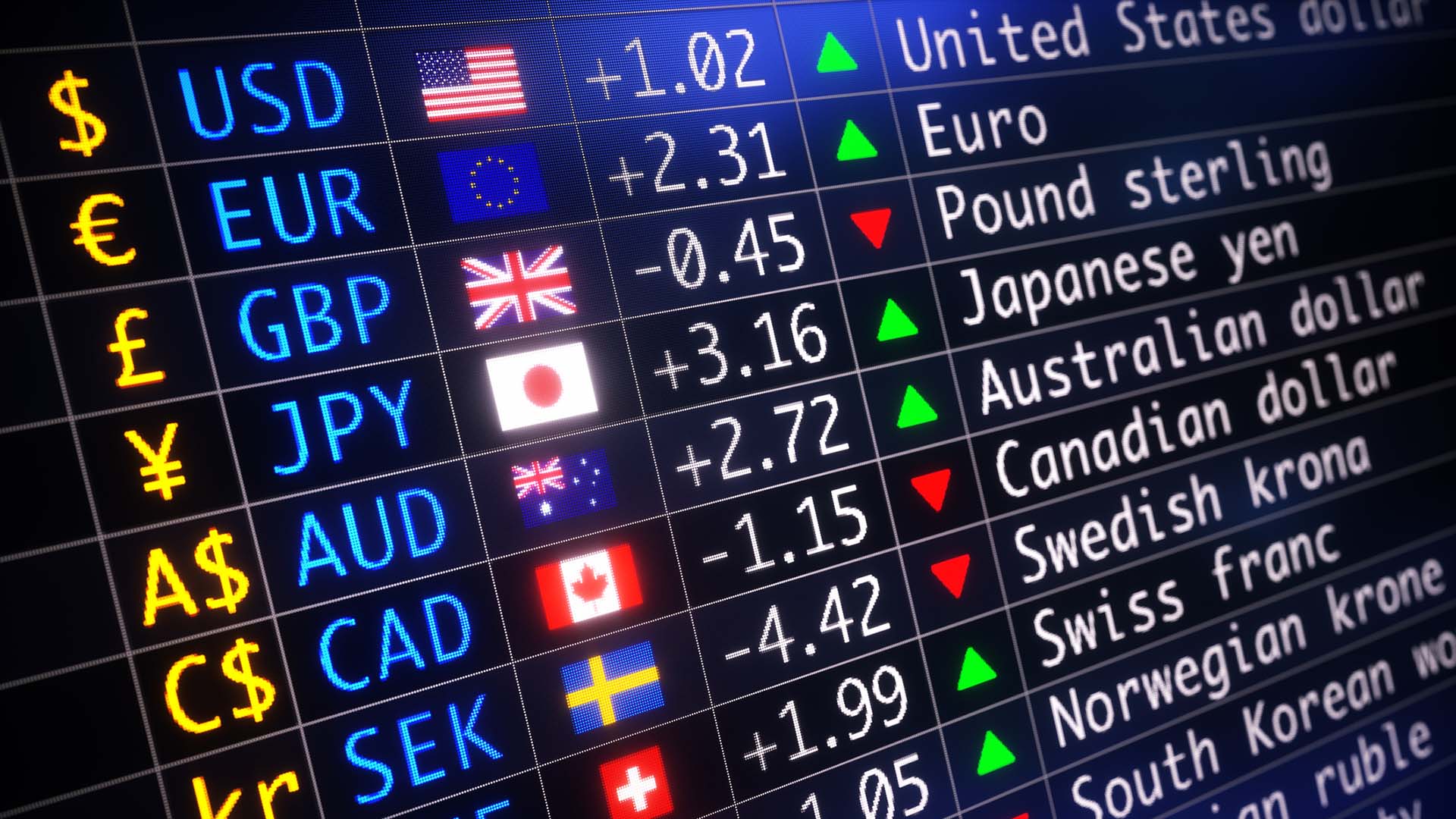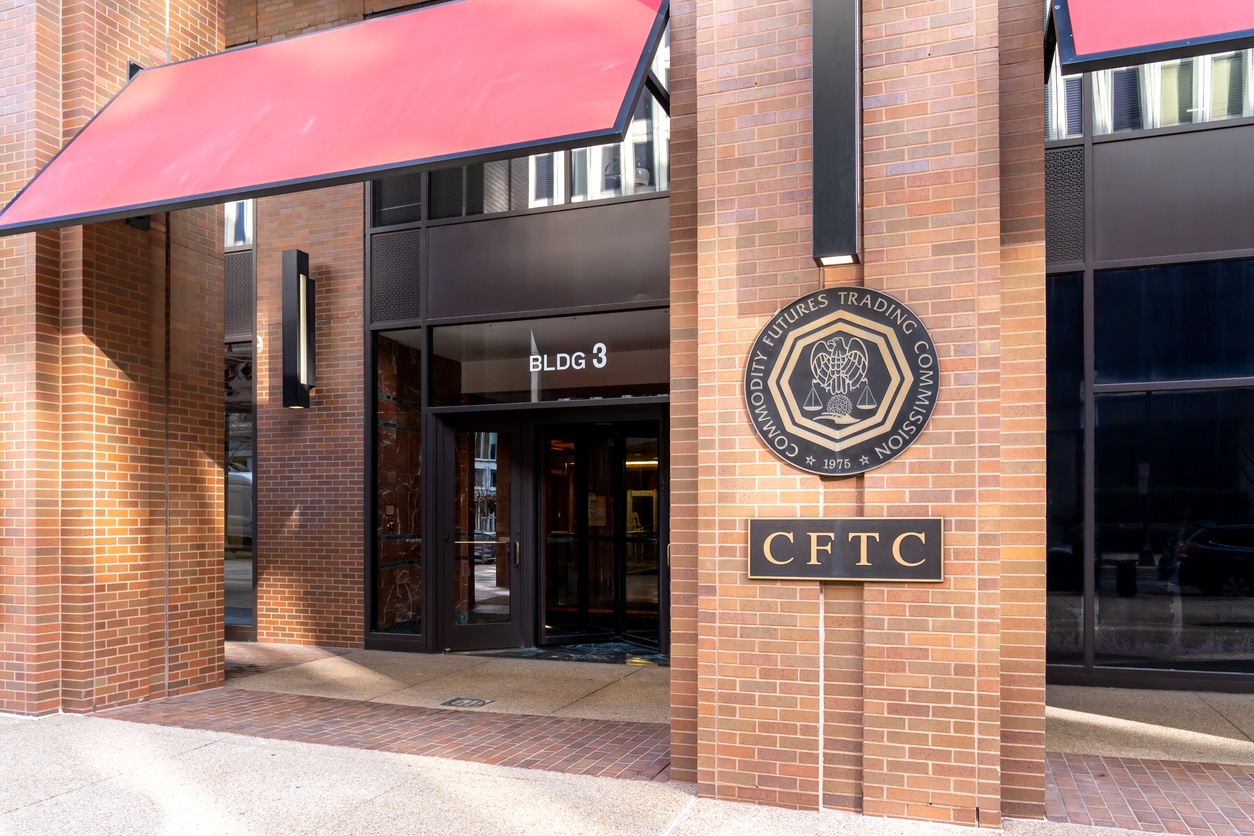May 14, 2025

This information is provided for educational purposes only by Kohn, Kohn & Colapinto and does not constitute legal advice. No attorney-client relationship is created by accessing this content. Laws and regulations may change, and this material may not reflect the most current legal developments. If you believe you have a whistleblower claim, consult a qualified attorney to discuss your specific circumstances.
The allure of foreign exchange trading (forex) often promises quick profits. However, below the surface, large-scale forex frauds are taking place. Unsuspecting investors are targeted by get-rich-quick schemes designed to siphon away their hard-earned money.
This comprehensive guide delves into the modern world of forex fraud, equipping you with the knowledge to protect yourself and potentially uncover such illegal practices – and possibly get a substantial award for your information. We’ll also review common schemes and showcase real-world whistleblower cases that exposed major players like Madoff and JPMorgan Chase.
Key Takeaways
- Insiders or traders’ original information about a fraud involving forex can blow the whistle.
- The CFTC offers anti-retaliation protections to whistleblowers and allows for anonymous filings.
- Whistleblowers may be entitled to an award of 10 to 30 percent of funds recovered by the government in connection to their disclosure.
What is Forex Trading Fraud?
Forex trading fraud occurs when fraudsters lure investors into a get-rich-quick trading scheme that guarantees a high return in very little time. Some of the most common forex frauds include:
- Wide Bid-Ask Spreads: The most common (and oldest) forex fraud was the point-spread scam, where fraudulent brokers offer wide bid-ask spreads on specific currencies. This large spread makes it extremely difficult to see any profit. For the broker they continue making their commissions for each trade.
- Artificial Intelligence, Bots, and Algorithms: Other types of forex trading schemes include trading algorithms, or “robots,” created by fraudsters claiming their technology is designed to produce significant results consistently. However, the reality is that most of these algorithms or bots haven’t been tested. Not to mention, no person or artificial intelligence (“AI”) can predict the future.
- Signal Sellers: Signal selling has become one of the last decade’s most popular forex trading scams. For a recurring fee, a signal seller, often a trader, will sell their trading strategies that claim to make anyone using them rich. These strategies are often touted on social media, such as Twitter, YouTube, Reddit, and even TikTok, where those new to investing become prey to such schemes.
- Unregulated Offshore Brokers: Given the immense regulatory pressure from the Commodity Futures Trading Commission (“CFTC”), many of these frauds have moved offshore where unscrupulous operators, generally “brokers,” can avoid U.S. regulatory rules. However, many forex trading fraud cases involving a whistleblower are done within U.S. borders.
Other frauds include Ponzi schemes, market manipulation, and pump-and-dump schemes, but the list doesn’t end there. New forex frauds are created daily, targeting novice and expert investors alike.
Warning Signs
There are several warning signs forex traders should be aware of. If you see any of these signs, you may want to reconsider your decision or strategy:
- Wide bid-ask spreads on currency pairs, as it is pretty challenging to profit if the spread is too wide. This fraud is quite common, but less so in comparison to other modern frauds.
- Be wary of any offshore brokers, as many of these fraudsters are there to dodge U.S. regulators and may be evading those of their country.
- Those selling signals, algorithms, bots, or artificial intelligence who claim that their technology or strategy always wins and can guarantee it.
- If a broker mixes funds or prevents customers from withdrawing, this could be a sign of fraud, a scheme, or something more serious.
- Promotional material that promises guaranteed returns and performance. The CFTC reminds investors that no human or algorithm can predict future outcomes.
If you know of any of these signs, the broker or operator might be violating the Commodity Exchange Act (“CEA”). Those who report commodities violations may choose to become a whistleblower and qualify for an award for their information.
Forex Fraud Whistleblower Cases
Madoff Ponzi Scheme (2008)
The Bernie Madoff scandal exposed a massive Ponzi scheme that defrauded investors of an estimated $65 billion. While primarily known for its impact on the securities market, Madoff’s scheme also involved significant forex trading activity. This revelation shattered the trust of thousands of investors worldwide, adding another layer to the already complex web of deception.
FXCM and Refco (2008)
Broker FXCM faced allegations of fraud and regulatory violations related to handling customer accounts and trade execution. Refco, a former futures brokerage firm, was involved in a separate fraud case in which executives hid losses and misappropriated funds. FXCM paid fines and restitution, totaling millions of dollars to settle charges brought by regulatory authorities. Refco filed for bankruptcy after the discovery of accounting irregularities.
Bank of New York Mellon (2011)
Whistleblower Grant Wilson filed a complaint under the False Claims Act, alleging the bank misled clients on currency trade pricing, essentially shortchanging them on every exchange. The legal battle unraveled a tangled web of alleged misrepresentation and hidden fees, raising questions of trust and fair play in the high-stakes world of forex. BNY Mellon settled the case in 2015 for $714 million, one of the largest settlements in the history of False Claims Act cases involving forex fraud.
Secure Investment (2013)
Secure Investment operated a fraudulent forex scheme promising high returns with minimal risk to investors. The firm claimed to use sophisticated trading algorithms but engaged in Ponzi-style activities, using new investors’ funds to pay returns to earlier investors. Investors lost millions of dollars as the scheme collapsed, with many unable to recover their initial investments.
JPMorgan Chase (2020)
JPMorgan Chase was accused of manipulating currency prices through illegal trading practices. An anonymous whistleblower claimed that bank traders weren’t just playing the market; they were allegedly defrauding it entirely, conspiring with others to bend benchmarks for their own profit. JP Morgan Chase settled with regulators in 2020, agreeing to pay fines totaling $920 million to U.S. authorities for their involvement in forex manipulation.
CFTC Whistleblower Program
Those who know of a forex scheme or a commodities violation may decide to report their findings to the CFTC. In doing so, these whistleblowers protect thousands of investors from falling victim and, more importantly, from losing everything. Below is an overview of the program:
- Offers Awards: The program offers whistleblower awards to those who bring original information to the CFTC. The case must lead to an enforcement action resulting in sanctions exceeding $1,000,000. For that information, whistleblowers may receive between 10% and 30% of the sanctions collected.
- Anonymous Reporting: Whistleblowers may anonymously report their findings to the CFTC but must be represented by an attorney. An attorney will communicate with the commission and provide case updates on behalf of the whistleblower. However, having an attorney also ensures whistleblowers get the maximum reward possible.
- Protection from Retaliation: Employers may not retaliate or take any adverse action against a whistleblower for engaging in a protected activity, such as whistleblowing. They may not terminate, discharge, demote, suspend, or harass a whistleblower, which may result in enforcement by the CFTC and other authorities. Employers may not impede a case with illegal NDAs and other such agreements.
All awards are paid from the CFTC Customer Protection Fund, established by Congress and financed entirely through monetary sanctions paid to the CFTC by CEA violators. No money is taken or withheld from harmed investors to fund whistleblower awards.
Legal Assistance for Forex Fraud Whistleblowers
If you want to share information with the CFTC, you can file a tip to the CFTC at 866.366.2382 or file a complaint on their website.
However, we emphasize that you MUST have a U.S.-based attorney to file anonymously. An attorney can also help you prepare your complaint, which is a rather complex task involving collecting evidence and clearly describing the scheme or the whistleblowers’ experience. A clear and thorough complaint increases the likelihood of the CFTC taking up the case.
Since 1988, we’ve been representing, protecting, and getting rewards for whistleblowers. We are one of the original whistleblower law firms in Washington, DC, and have been influential in drafting and advocating for the laws that reward our clients. Contact our whistleblower attorneys today for a no-obligation case evaluation if you’re seeking an attorney.
You can help save thousands of potential victims of forex fraud and get rewarded for your information.
Our Firm’s Cases

$125 Million in Awards
We have successfully represented a number of SEC whistleblowers, preserving their anonymity and securing sizable whistleblower rewards. In one case, we helped our client receive one of the ten largest whistleblower awards ever granted by the SEC.



